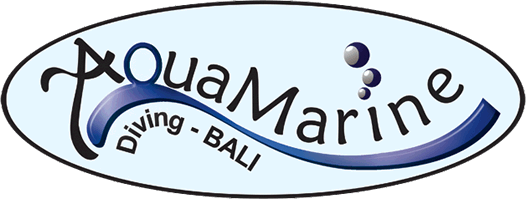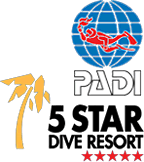One Voice to a Global Movement to Decrease Single-Used Plastic
by Mardia, AMD-B’s 2023 Divemaster Internship
Plastic, a widely used material, has gained immense popularity due to its affordability, lightweight, and easy manufacturability. The past century has witnessed an exponential increase in plastic production, surpassing almost every other material. However, the alarming fact is a significant portion of plastic produced is intended for one-time use, resulting in an enormous amount of plastic waste.

An estimated 6,300 million tonnes of plastics have been discarded since the beginning of mass production in the 1950s. Approximately only 9% of plastic trash worldwide gets recycled, while 12% is incinerated. Due to its strong durability, most of these plastics are accumulating in either landfills or the natural environment.
The consequences of plastic waste are far-reaching, affecting both the ecosystem and the livelihoods of those who rely on them. Environmental effects range from short-term, such as animal entanglement, to long-term, such as harmful component bioaccumulation in the food chain.
Growing worry about the usage of single-use plastics can be seen all across the world. It is becoming abundantly evident that the contribution that each of us makes to the reduction of plastic waste is of the utmost importance as our understanding of the effect that our routine actions have on the environment expands.

What can one voice achieve in the face of such a large-scale problem?
Quite a lot, as it turns out. We can make a difference by reducing our use of single-use plastics and encouraging others to do the same. A single voice can become a powerful force when it joins with others in a common cause.
Simple actions such as using reusable shopping bags, refusing plastic cutlery, and drinking from reusable water bottles can significantly reduce our plastic footprint. We can also support businesses that prioritize sustainable packaging and participate in local clean-up efforts to remove plastic waste from our communities.
The issue of single-use plastic is daunting, but it is manageable. Each of us has the power to influence change through our daily actions and by raising our voices to advocate for sustainable practices. Remember, the journey to a plastic-free world begins with one voice – yours.










